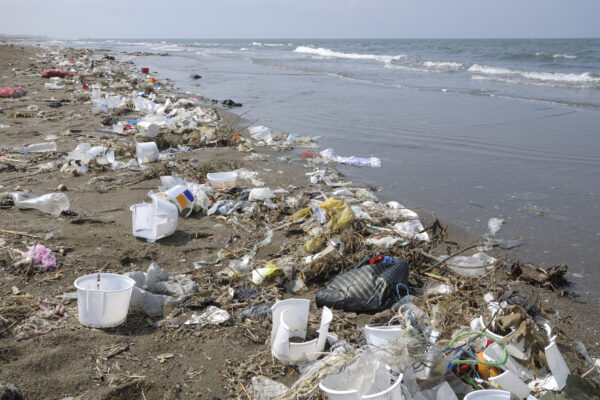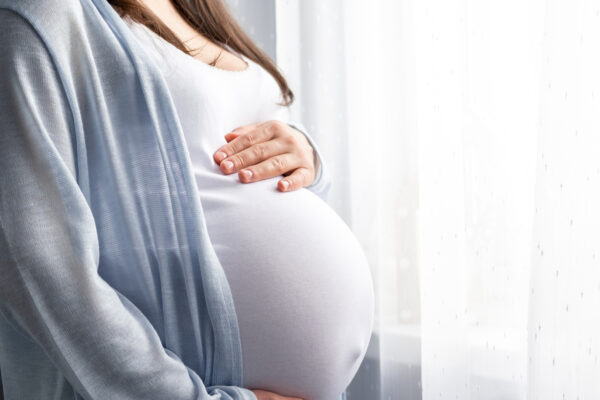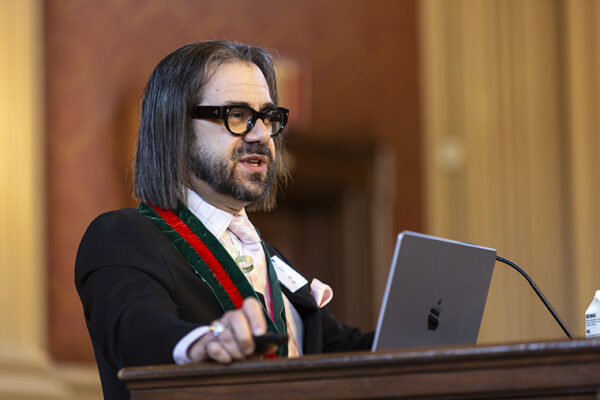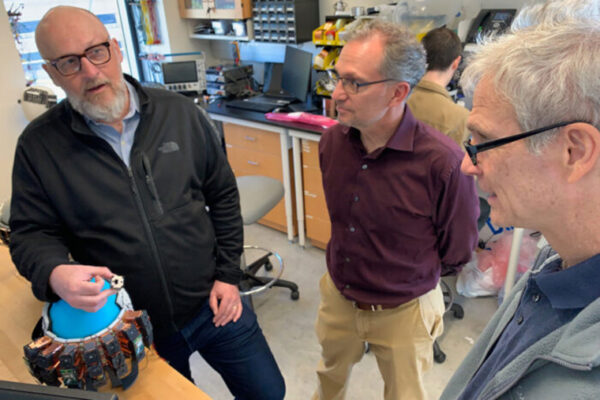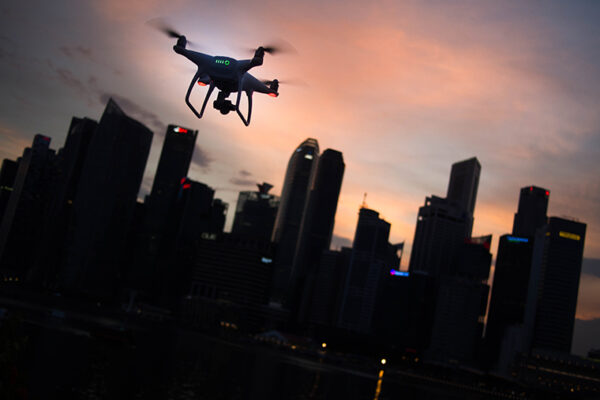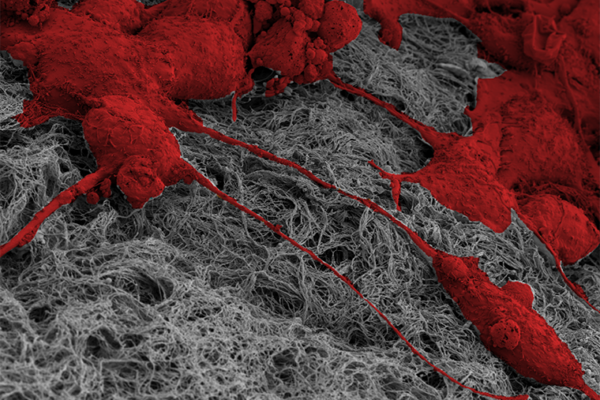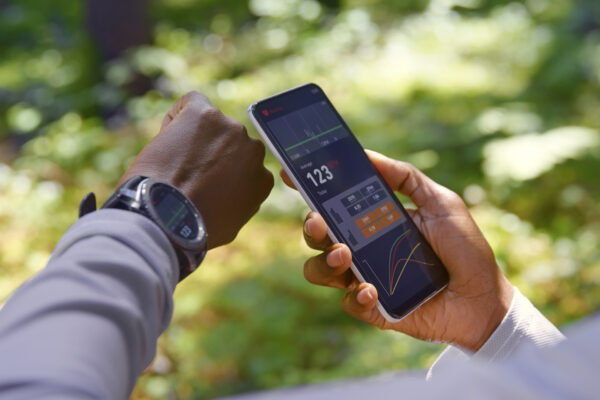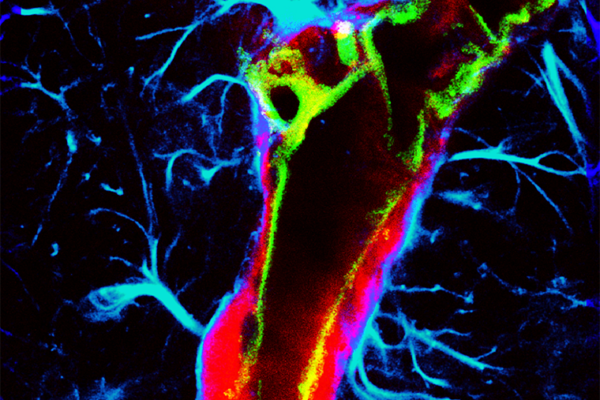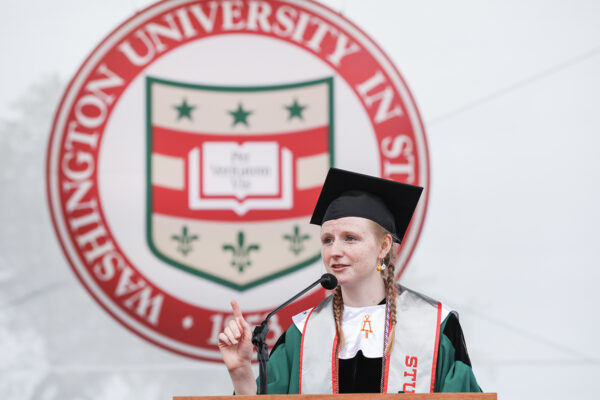Engineering team receives $3.6M to combat plastic waste
Washington University is leading a new effort to address the grand challenge of developing the next generation of high-performance, sustainably sourced and biodegradable plastics that advance engineering while also protecting the environment.
Preterm births could be predicted at around 31 weeks
Researchers at the McKelvey School of Engineering are developing better ways to predict preterm birth by analyzing electrical activity during pregnancy. Arye Nehorai’s lab uses electrical activity and deep learning to make predictions.
Bogost named Barbara and David Thomas Distinguished Professor
Ian Bogost has been named the Barbara and David Thomas Distinguished Professor at Washington University in St. Louis.
Wearable, light-based brain-imaging tech to be commercialized with aid of NIH grant
Wearable brain-imaging tech aims to reveal how the brain works in natural, realistic situations. Washington University researchers received a National Institutes of Health (NIH) grant to develop and commercialize a brain-imaging cap that uses LED light to gauge brain activity.
Induction of a torpor-like state with ultrasound
Some mammals and birds have a clever way to preserve energy and heat by going into torpor, during which their body temperature and metabolic rate drop. Researchers at Washington University in St. Louis safely and noninvasively induced a torpor-like state in mice and rats by using ultrasound to stimulate the hypothalamus preoptic area in the brain.
Engineers to unlock new possibilities for autonomous systems
Yiannis Kantaros, an assistant professor at the McKelvey School of Engineering, received a $413,694 grant to advance the safety, efficiency and transferability of artificial intelligence-enabled autonomous robots.
Environmental memory propels collective cell migration
Researchers in Amit Pathak’s lab at the McKelvey School of Engineering found that cells learn from past environments to promote future invasions.
Data from wearables could be a boon to mental health diagnosis
A team of researchers from the McKelvey School of Engineering and the School of Medicine are using Fitbit data and deep learning to detect depression and anxiety.
Insight into brain’s waste clearing system may shed light on brain diseases
Researchers at the McKelvey School of Engineering discovered how to use focused ultrasound with microbubbles to examine the glymphatic system. Impairments in this system may contribute to brain diseases, such as neurodegenerative diseases and stroke.
Undergraduate student speaker Samm Kaiser’s address to the Class of 2023
Undergraduate student speaker Samm Kaiser, who earned a degree in computer science and math from the McKelvey School of Engineering and in environmental analysis from Arts & Sciences, explained why life’s contraindications are both necessary and enlightening.
View More Stories
